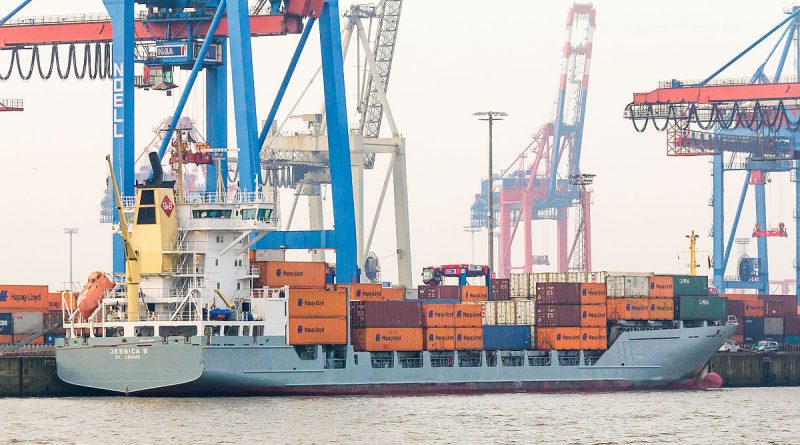United Nations General Assembly Reaffirms Call for End to Cuban Embargo
Anthony Samaniego
Staff Writer
On November 3, the 77th session of the United Nations General Assembly voted in favor of an annual resolution which calls for an end to the United States embargo imposed on Cuba. Speakers present at the gathering emphasized the urgency of ending the restrictive economic policies which bring crippling challenges to the island, especially considering the impacts of COVID-19 and the rising global issues regarding food, fuel, and inflation according to the United Nations General Assembly. 185 nations voting in favor of the resolution, with only two voting against it including the United States, and Brazil and Ukraine abstaining. This was the 30th time in a row that the UN has voted to condemn the United States’ decades-long blockade of Cuba, says Al Jazeera.
The embargo was first imposed on Cuba by the United States in 1960 following the Cuban Revolution and the nationalization of properties belonging to U.S. corporations. During the gathering to vote on the resolution, U.S. Political Coordinator John Kelley stated that though the United States opposed the resolution, it stands with the self-determination of the Cuban people. However, Cuba’s Deputy Representative to the United Nations Yuri Gala countered, stating that the United States would lift the blockade on the island if it really cared about the wellbeing of the Cuban people, Al Jazeera continues.
According to The Washington Post, the Biden administration is continuing former President Trump’s position of opposition to the resolution and refusal to return to former policies of diplomacy and dialogue towards Cuba enacted by former President Obama in 2016. In the first 14 months of Joe Biden’s presidency, the blockade’s damage to the Cuban economy was estimated at $6.35 billion. Cuba’s foreign minister Bruno Rodriguez stated that the rate is equivalent to $15 million per day, accusing the Biden administration of continuing to pursue Trump’s “maximum pressure” policy towards Cuba, according to The Associated Press. Gala stated at the General Assembly session that the blockade directly puts restrictions on Cuba entrepreneurs on areas such as software development, hospitality and more.
In July 2016, Cuban President Raul Castro and U.S. President Barack Obama officially restored diplomatic relations, and the U.S. abstained from the resolution calling for an end to the embargo for the first time, according to The Associated Press. However, in 2017 Obama’s predecessor Donald Trump reversed Obama’s policies towards Cuba and that same year the U.S. again voted against the resolution.
The UNGA’s 185-2 vote was similar to previous years, which Axios reports historically receives landslide support. A November 2019 vote for the same resolution came to187-3, with only the U.S, Israel and Brazil voting against the measure, with Colombia and Ukraine abstaining from the vote. According to The Associated Press, UN General Assembly resolutions are not legally binding nor are they enforceable, however they reflect common world opinion on international issues. The vote has given Cuba an annual stage to demonstrate how the U.S. efforts to isolate Cuba hinder their growth.
Prior to the Trump administration’s reversal of Obama’s Cuba policy, the U.S. fully reopened commerce and travel with Cuba, according to Axios. The Biden administration has reversed some of Trump’s restrictions on Cuba, allowing some flights to the nation, however it retains the Trump administration’s stance opposing the resolution and has maintained the embargo with restrictions on trade, imports, and commerce. The blockade on Cuba heavily restricts the island nation from trading with other countries and companies even for basic goods like food and medical equipment, as the embargo prohibits other countries and companies from trading with the United States if they choose to sell goods to Cuba. At the height of the COVID-19 pandemic, the United States put heavier restrictions on Cuba, prohibiting the sale of hospital equipment, syringes and oxygen to the country which were needed to control the pandemic.
Image Courtesy of Raimond Spekking, Wikimedia Commons


